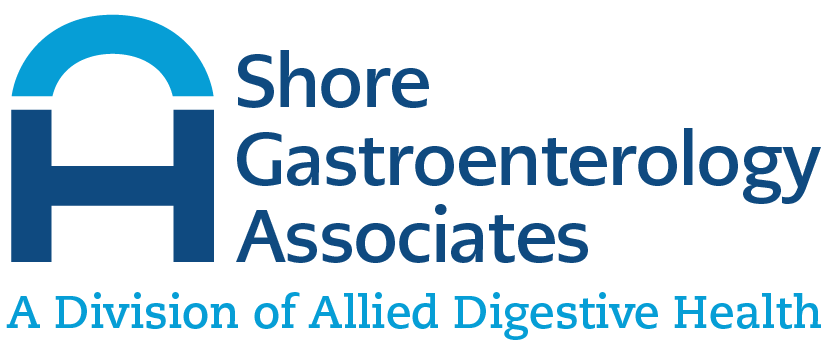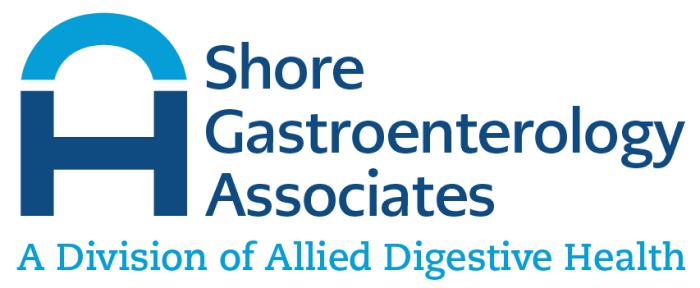What is an Endoscopic Retrograde Cholangiopancreatography (ERCP)?
This procedure enables a physician to diagnose problems in the liver, gallbladder, bile ducts, and pancreas. The liver is a large organ that, among other things, makes a liquid called bile that helps with digestion. Several small tubes (bile ducts) collect the bile from the liver and drain into one larger tube (common bile duct) which opens into the duodenum (first part of the intestine). The gallbladder, which is attached to the common bile duct, is a small pear-shaped organ that stores bile until it is needed for digestion. The pancreas is a large gland that produces chemicals that help with digestion, and hormones such as insulin. These chemicals are collected by a tube (pancreatic duct) which course through the pancreas. Both the pancreatic duct and common bile duct open into the duodenum.
Why is an Endoscopic Retrograde Cholangiopancreatography (ERCP) Done?
ERCP is used primarily to diagnose and treat conditions of the bile ducts, including gallstones, inflammatory strictures, blockages (obstruction), leaks, and cancer. ERCP can also be used to examine diseases of the pancreas, such as pancreatitis, stones or strictures of the pancreatic duct, pancreatic cysts and tumors.
How Does One Prepare for an Endoscopic Retrograde Cholangiopancreatography (ERCP)?
A gastroenterologist will provide you with instructions on how to prepare for ERCP.
It is important that the upper GI tract is empty prior to your ERCP. Eating and drinking are not permitted eight hours prior to the procedure. You should also tell your physician what medications you are currently taking; particularly those that affect blood clotting or interact with sedatives.
Certain medications should be discontinued prior to the procedure. Check with your doctor to review your medications:
- Anti-inflammatory drugs such as aspirin, ibuprofen, and naproxen
- Blood thinners
- High blood pressure medication
- Diabetes medications
- Antidepressants
- Dietary supplements
Since ERCP requires you to take a sedative, driving is not permitted for 12 to 24 hours following the procedure. You should make arrangements to have someone drive you home following the ERCP.
How is an Endoscopic Retrograde Cholangiopancreatography (ERCP) Performed?
ERCP is a procedure performed at a hospital or an outpatient surgery center by a gastroenterologist and medical team. First, you will receive an antiseptic to numb the throat and eliminate the gag reflex that is either gargled or sprayed. You will then be given a sedative in your arm through an intravenous (IV). Following the insertion, you will be asked to either lie on your back or left side on an X-ray table.
A lubricated endoscope will be inserted into your mouth and then through the esophagus by a gastroenterologist. The endoscope will travel through your stomach into the first section of the duodenum (small intestine) until they reach a point where the pancreatic and bile ducts drain into the duodenum (the papilla). You will be turned onto your abdomen so that a catheter can be inserted into the papilla. A contrast material will then be injected to improve the visualization of the bile duct or pancreatic duct.
If recommended by the gastroenterologist, medical instruments may be inserted through the catheter to collect samples or stents may be placed to open up a blockage found in the pancreatic duct and bile duct. If the gastroenterologist discovers a gallstone, it may be able to be removed.
Following the completion of the ERCP, the endoscope is carefully removed and you are brought to recovery.
What Happens After the Endoscopic Retrograde Cholangiopancreatography (ERCP) is Done?
The procedure normally takes 30 to 60 minutes to complete in addition to being in recovery following the procedure for 1 to 2 hours.
The X-ray pictures taken during the ERCP will be reviewed to determine any blockages found in the pancreatic or bile ducts.
If you feel any of the following symptoms, contact your physician immediately:
- Nausea or vomiting
- New or increased belly pain
- Fever or chills
- Dizziness
- Shortness of breath
In most cases, patients are able to return to their normal activities following the ERCP procedure. Your gastroenterologist can answer any questions you may have regarding eating and resumption of normal activities.
Your gastroenterologist may talk to you about your test and any findings immediately following the ERCP, or they may ask you to call the next day for your results. Biopsy results may take a few days.
What are the Risks Associated With Endoscopic Retrograde Cholangiopancreatography (ERCP)?
- Pancreatitis
- Internal bleeding from the intestines, bile, or pancreatic ducts
- Infection
- Perforation in the lining of the gastrointestinal tract


